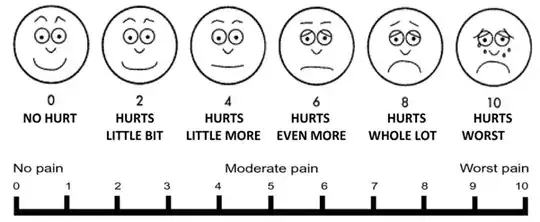Anyone who likes (or hates) spicy food has been in the situation: You're at a restaurant, your mother-in-law is preparing dinner, or you're preparing dinner for your best friend, and the question comes up:
How spicy do you want it?
But how can one answer (or ask) this question unambiguously?
I'm aware of the Scoville scale, but that applies to a specific (dry) ingredient in a recipe, and not the finished dish (which will typically dilute even the spiciest of peppers).
Restaurants often rank dishes from 1-5 "stars", "peppers", or other units of spiciness, but even this rating system varies greatly by country, region, or even the specific restaurant. What is "5 star spicy" in the Netherlands, might be "2 star spicy" in the midwest USA, for instance.
Is there any unambiguous way to discuss the spiciness of a dish?
I don't mind if I need to take 5 minutes to explain this method to my mother next time I cook for her, or to the waitress next time I order a Phad Thai. The key is that it must be (mostly) unambiguous in communicating one's preferred level of spice/hotness in a dish.
Does such a thing exist?
As an analogy, one might describe a beverage's or dessert's sweetness in relation to a commonly-known item, such as table sugar, honey, or even a Coca-Cola. "I want a sweetened iced tea, but only half as sweet as a Coke." While not precise, this is (basically) an unambiguous request. A similar, common point of reference to use when discussing spiciness would satisfy me.

